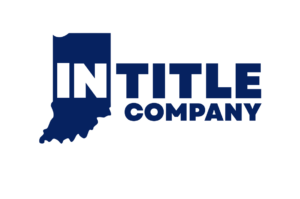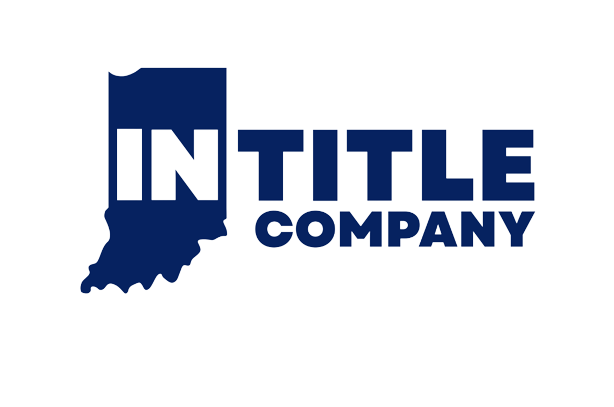Title insurance is a critical component of the real estate journey, yet it’s a facet often underestimated or even overlooked by many homebuyers. This unique form of insurance plays a pivotal role in protecting property owners and lenders from potential complications that may arise from issues with the property’s title. When you purchase a home, you’re not just buying the physical structure; you’re also acquiring the property’s title, which represents your ownership rights.
Title Insurance is issued after a careful examination of the public records. There is an agency relationship between the agent, who does the search and exam work, and the national underwriter that provides the deep pockets for the title insurance. But even the most thorough search cannot absolutely assure that no title faults are present, despite the knowledge and experience of professional title examiners. In addition to matters shown by public records, other title problems may exist that will not be disclosed in a search. Title insurance eliminates risks and losses caused by faults in title from an event that occurred before you owned the property.
Title insurance is different from other types of insurance. Other types of insurance such as auto, life, or health, cover you against losses that may occur in the future. Title insurance does not normally protect against any future faults, but does protect you from losses for past risks or undiscovered interests. Another difference is that you pay a one-time premium for a policy that remains effective until the property is sold to a new owner – even if that does not occur for decades.
What is a Lender’s Policy?
A lender’s policy, also known as a loan policy or a mortgage policy, protects the lender against loss due to unknown title defects. It also protects the lender’s interest from certain matters which may exist, but may not be known at the time of the sale.
This policy only protects the lender’s interest. It does not protect the purchaser. That is why a real estate purchaser needs an owner’s policy.
What is an owner’s policy?
An owner’s policy protects you, the purchaser, against a loss that may occur from a defect in the ownership or interest you have in the property. You should protect the equity in your new home with a title policy.
What does an owner’s policy provide?
Protection from financial loss due to undisclosed demands that may be charged against the title to your home, up to the amount of the title policy.
Payment of legal costs if the title insurer has to defend your title against a covered claim.
Payment of successful claims against the title to your home covered by the policy, up to the amount of the policy.
Why does the seller need to provide title insurance?
Any purchaser will need evidence that his investment in your property is free of title defects. The title insurance policy that you provide the purchaser is a guarantee that you are selling a clear title to your real estate, unencumbered by any legal attachments that might limit or jeopardize ownership. It will reassure your purchaser that he or she is protected from any risks or losses and will help you close your deal.
Why does the buyer need title insurance?
Without title insurance, you may not be fully protected against errors in public records, hidden defects not disclosed by the public records, or mistakes in examination of the title. As a result, you may be held fully accountable for any prior liens, judgments or claims brought against your new property. If this should occur, your title policy insures that you will be defended at no cost against all covered claims up to the amount of the policy.
How much does title insurance cost?
The Indiana Department of Insurance approves and controls the premiums for title insurance policies that have been filed by the underwriter. The premiums are paid only once and generally the policy amount is equal to the purchase price.
What does title insurance protect from?
- Undisclosed heirs
- Forged deeds, mortgages, wills, releases and other documents
- False impersonation of the true land owner
- Deeds by minors
- Documents executed by a revoked or expired Power of Attorney
- False affidavits of death or heirship
- Probate matters
- Fraud
- Deeds and wills by persons of unsound mind
- Conveyances by undisclosed divorced spouses
- Rights of divorced parties
- Deeds by persons falsely representing their marital status
- Adverse possession
- Defective acknowledgments due to improper or expired notarization
- Forfeitures of real property due to criminal acts
- Mistakes and omission resulting in improper abstracting
- Errors in tax records
- Additional risks
In essence, title insurance is a safeguard against the unexpected, offering a layer of protection that is invaluable in the complex landscape of real estate. It’s not just a prudent choice; it’s an essential one for anyone navigating the intricacies of property ownership. In the ever-changing real estate landscape, having title insurance is not just a choice; it is a necessity. Our title plant, years of examination experience, and attorneys on staff allow us to provide accurate title policies unmatched to our area.


